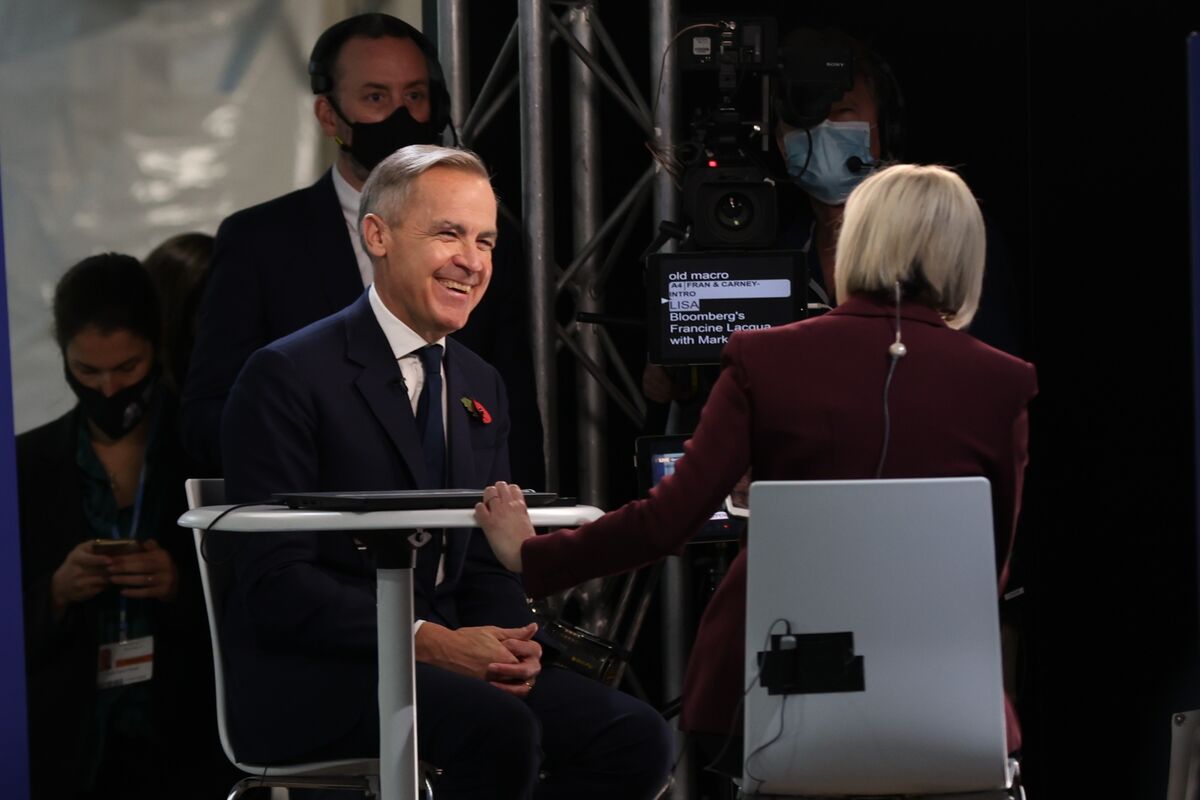Global Competition Heats Up: The Scramble For US Researchers Post-Funding Cuts

Table of Contents
Reduced US Research Funding: The Catalyst for the Exodus
Recent years have witnessed a concerning decline in US research and development (R&D) funding. This reduction acts as a powerful catalyst, pushing talented researchers to seek opportunities elsewhere. The impact extends across various scientific disciplines, from biomedical engineering to fundamental physics, hindering progress and innovation.
- Specific examples of funding cuts: The National Institutes of Health (NIH) and the National Science Foundation (NSF), crucial sources of research funding, have experienced substantial budget reductions. These cuts translate directly into fewer grant opportunities and increased competition for limited resources.
- Impact on grant applications and success rates: The dwindling funding pool means a significantly lower success rate for grant applications, forcing researchers to spend more time writing proposals and less time on actual research. This increased administrative burden discourages many scientists.
- Increased competition for existing funds: The intensified competition for the remaining funds leads to a highly selective process, often favoring established researchers with extensive track records, potentially hindering the careers of promising young scientists. This creates a "winner-takes-all" environment that exacerbates the brain drain.
Attractive Alternatives: Why Other Countries are Winning the Talent War
Countries around the world are aggressively courting top US researchers, offering significantly more attractive research environments. These incentives are proving irresistible to many scientists seeking better opportunities for themselves and their research.
- Higher salaries and benefits packages: Many countries offer significantly higher salaries and more comprehensive benefits packages, including health insurance and retirement plans, compared to the US.
- Improved research infrastructure and facilities: Foreign institutions often boast state-of-the-art research facilities, providing researchers with the tools and resources needed to conduct cutting-edge research.
- More stable and predictable funding environments: Unlike the volatile funding landscape in the US, many countries offer more stable and predictable long-term funding for research projects, fostering a more secure and productive research environment.
- Opportunities for collaboration and international projects: International collaborations are highly valued, and many countries actively foster these collaborations, providing researchers with broader networks and access to diverse expertise.
- Immigration policies that favor researchers: Several countries have implemented immigration policies specifically designed to attract and retain skilled researchers, streamlining the visa process and offering pathways to permanent residency. Examples include Canada's Express Entry system and the UK's Global Talent Visa.
The Impact on US Scientific Advancement: A Brain Drain Scenario
The exodus of top US researchers represents a significant threat to America's scientific leadership. This brain drain carries far-reaching consequences across various sectors and has profound implications for national security and economic competitiveness.
- Loss of expertise and innovation in key research areas: The departure of skilled researchers weakens the US's ability to conduct cutting-edge research in crucial areas like artificial intelligence, biotechnology, and renewable energy.
- Decreased ability to compete in global scientific breakthroughs: The loss of talent hampers the US's capacity to compete on the global stage for groundbreaking scientific discoveries and technological innovations.
- Economic consequences of reduced innovation and technology development: A decline in research output translates directly into a decrease in technological innovation, impacting economic growth and competitiveness.
- Impact on national security, depending on the research field: The loss of researchers in fields relevant to national security, such as defense and cybersecurity, poses a direct threat to the country's security interests.
Strategies for Retaining and Attracting Top Research Talent in the US
Reversing the trend of researchers leaving the US requires a multi-pronged approach involving significant policy changes and increased investment in the research enterprise.
- Increased federal and private investment in research: Substantially increasing funding for both basic and applied research is paramount. This includes increasing the budgets of agencies like the NIH and NSF, and encouraging private sector investment in R&D.
- Streamlined grant application processes: Simplifying and accelerating the grant application process would reduce administrative burdens on researchers and allow them to focus more on their research.
- Incentives for researchers to stay in the US: Providing competitive salaries, benefits, and research support packages comparable to those offered by other countries is essential to retain talent.
- Improved infrastructure and resources for research institutions: Investing in modernizing research facilities, equipment, and technology is crucial to attract and retain top researchers.
- Focus on interdisciplinary research collaborations: Encouraging and supporting interdisciplinary collaborations can lead to more innovative and impactful research outcomes, attracting researchers who thrive in collaborative environments.
Conclusion: Securing the Future of US Research: Addressing the Global Competition for Researchers
The global competition for US researchers is a serious challenge demanding immediate attention. Reduced funding, coupled with attractive offers from other countries, is creating a significant brain drain, threatening the future of American scientific leadership and economic competitiveness. To secure the future of US research, decisive action is needed. We must support increased funding for US research to combat global competition, investing in the future of science and fostering an environment that attracts and retains the world's brightest minds. Contact your representatives today to advocate for policies that strengthen US research and development and help reverse this concerning trend. Let's invest in the future of US science and let's reverse the brain drain and secure the future of US research.

Featured Posts
-
 April 8th Treasury Market Update Important Developments
Apr 29, 2025
April 8th Treasury Market Update Important Developments
Apr 29, 2025 -
 Austria Klagenfurt Jancker Uebernimmt Traineramt
Apr 29, 2025
Austria Klagenfurt Jancker Uebernimmt Traineramt
Apr 29, 2025 -
 Mark Carneys Chances Diminish As Canadian Election Heats Up
Apr 29, 2025
Mark Carneys Chances Diminish As Canadian Election Heats Up
Apr 29, 2025 -
 Trumps Trade War The Impact Of Tariffs On Us Consumer Prices And Product Availability
Apr 29, 2025
Trumps Trade War The Impact Of Tariffs On Us Consumer Prices And Product Availability
Apr 29, 2025 -
 La Fires Price Gouging Allegations Surface Amid Housing Crisis
Apr 29, 2025
La Fires Price Gouging Allegations Surface Amid Housing Crisis
Apr 29, 2025
